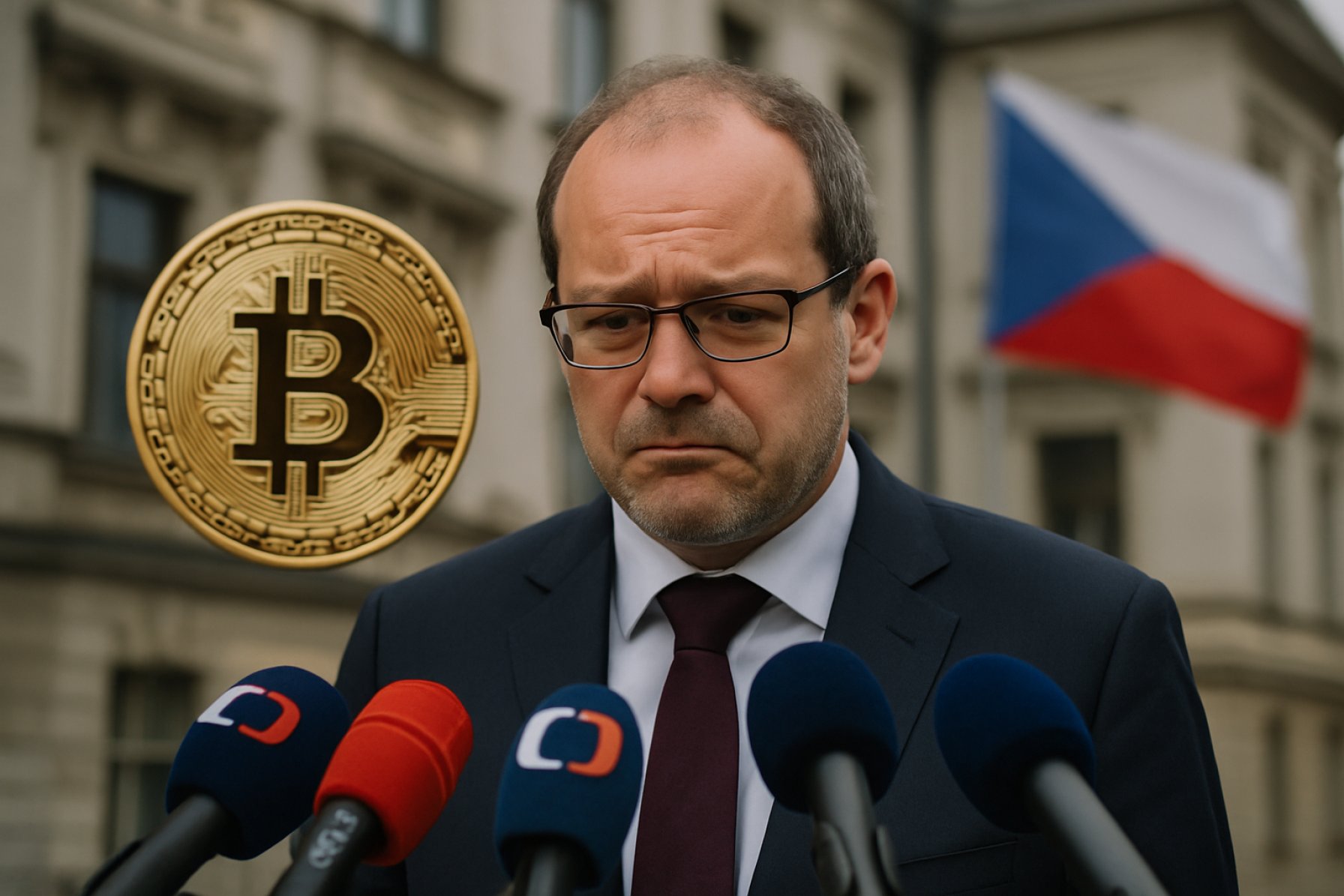Shocking Bitcoin Bombshell Forces Czech Government Into Crisis—Cybercrime Fears Surge in 2025
A €40M bitcoin scandal linked to a convicted felon shakes Czech politics, triggers a minister’s resignation, and alarms global cybersecurity experts.
- €40 million in bitcoin traced to a convicted drug trafficker.
- Justice Minister out: Pavel Blažek resigns amid scandal.
- National Security Council meeting held to address potential money laundering.
- Cybercrime now top security concern for Czech authorities in 2025.
The Czech Republic has been thrust into political turmoil after a €40 million bitcoin donation, linked to notorious drug trafficker Tomáš Jiřikovský, unleashed a storm of accusations and forced Justice Minister Pavel Blažek to step down.
Prime Minister Petr Fiala wasted no time, summoning intelligence services and launching urgent discussions in the National Security Council. With cybercriminal threats escalating in 2025, the incident has exposed institutional cracks—and ignited public outrage across Prague and beyond.
President Petr Pavel did not mince words with lawmakers: the scandal threatens to corrode trust in the Czech justice system and diminish the country’s standing on the world stage. The stakes could not be higher.
Meanwhile, opposition leader Andrej Babiš of ANO fueled the fire, calling Fiala’s administration “criminal” and rallying for a no-confidence vote. Outside parliament, the tension is electric: citizens debate the integrity of senior officials and the fate of their institutions.
BBC has noted mounting public scrutiny, while Reuters tracks the deepening fracture lines in Prague’s political landscape. With the shadow of international crime and bitcoin’s murky origins looming large, all eyes are on the Czech Republic.
Q: How Did a Convicted Criminal Trigger This Political Earthquake?
The seismic shock hit when Tomáš Jiřikovský—convicted in 2017 for drug and arms trafficking—transferred €40 million in bitcoin, allegedly as a donation. Though authorities have yet to prove the proceeds are illicit, their origins remain highly suspicious.
Legal experts highlight that the use of cryptocurrency, particularly in such staggering amounts, fits a global trend: criminals are exploiting digital assets to conceal their activities, bypass regulations, and launder dirty money.
How the Czech Government Is Reacting—And Why It Matters Worldwide
Prime Minister Fiala signaled a drastic escalation in cybersecurity operations. The government is collaborating with intelligence agencies, modernizing digital monitoring, and strengthening safeguards against cyber-enabled crime.
According to international watchdogs such as Interpol, blockchain forensics and institutional transparency will define the next phase in the war against financial crime. The Czech crisis demonstrates why governments must not underestimate digital threats.
Q: What Does This Mean for the Czech Republic—and Could It Happen Elsewhere?
Trust in Czech democracy and law enforcement has been badly shaken. Critics demand extraordinary measures to rebuild credibility, including independent investigations and reforms targeting the justice ministry’s vulnerabilities.
Globally, financial crime experts warn that this is just a glimpse of what could lie ahead. As cryptocurrencies gain mainstream momentum, cybercriminals are emboldened—testing every institution’s resilience.
How to Spot and Prevent Crypto-Linked Corruption: 2025 Updates
Authorities and citizens alike can take action:
- Tighten Know Your Customer (KYC) rules for crypto exchanges.
- Increase educational efforts about crypto risks and cybercrime signs.
- Support whistleblower protections for reporting suspicious activity.
- Encourage collaboration between domestic and international security agencies.
Stay vigilant—demand transparency and accountability from your leaders! Here’s your 2025 Anti-Cybercrime Action List:
- Scrutinize large political donations, crypto or otherwise.
- Advocate for transparent investigations on public scandals.
- Follow reputable news sources like CNN and DW for global security updates.
- Contact your representatives—push for tougher digital asset laws.
https://youtube.com/watch?v=UQuZ8dewD44
Don’t let your democracy become the next victim—get informed, get involved, and safeguard your digital future.
